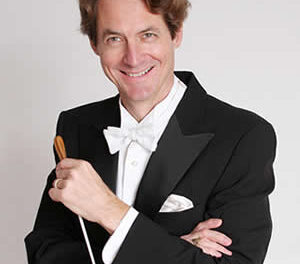So seldom have I been disappointed in Duke’s Reynolds Theater that I kept double-checking my attitude when I found myself squirming and slumping in my seat during Duke Performances presentation of Pandit Birju Maharaj, who is supposed to be the greatest living exponent of the marvelous Kathak style of Indian classical dancing. Kathak involves storytelling through elaborate gesture language, combined with whirling and rhythmic stamping that conveys through its beat structure something essential about the topic. Kathak can be completely thrilling, and I was there expecting to be thrilled: I expected to see an evening’s worth of dance-dramas.
The Pandit was indeed charming, but the presentation was more like a class, or lecture-demo, than a dance concert. Despite the presence of a musician’s dais on the stage, the first piece was performed, by Saswati Sen, to recorded music. Sen’s gestures are undeniably elegant and expressive, yet the dance did not convey to me the sense of Lord Krishna’s supreme love, bliss and beauty, as the program notes indicated would be the case.
Tabla and sitar players came out for “Yugal Roop,” which was performed by the Pandit’s son, Deepak Maharaj, and Luna Poddar. This was more like it, with the two dancers representing Krishna and Radha dancing in ecstasy. Deepak Maharaj was very exciting, with unusually beautiful line, crisp rapid gestures, and scintillating footwork. He also has a rich singing voice, which he later deployed until his reappearance as a dancer in the second act.
Finally, the Pandit took the stage — but not for a real dance. He and the tabla player engaged in a sort of game, exchanging rhythmic phrases, in between little explanations by Maharaj. His movement was so beautiful that I could hardly wait for this exposition to be cleared away and the dancing begun. It never happened. He went from microphone to center stage again and again, but a dance never formed from the fragments. The same thing happened with last program listing before intermission, except that here the Pandit slipped out of English and into Hindi. The only words I could make out were Krishna, Radha, and Gopi.
Many people voted with their feet at intermission, and during the second act — which was more of the same — more walked out. The final “piece” was such an anti-climax that people were leaving the auditorium before the performers drifted off stage to desultory applause. I’m glad to have seen these performers, to better know the standards and possibilities of the form, but it was a frustrating experience.











